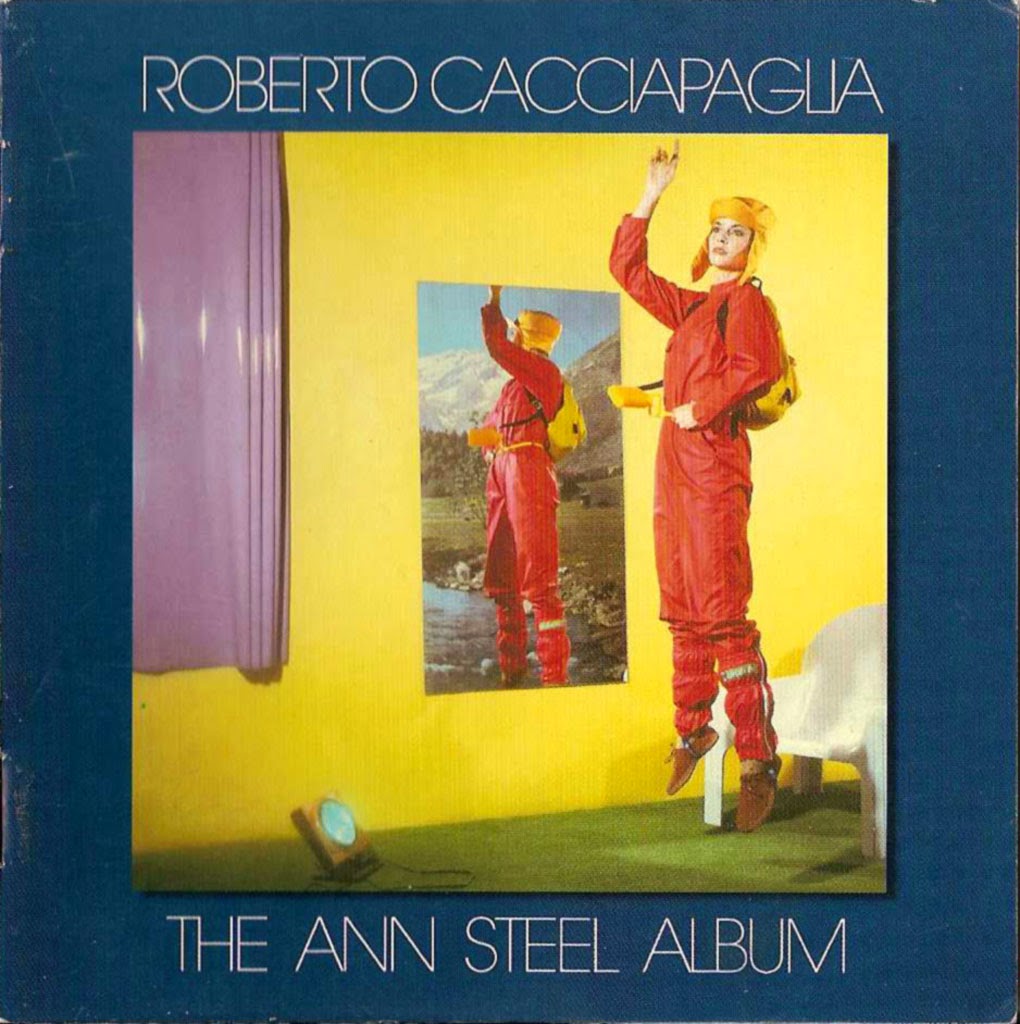
The first of two releases from the mysterious Franco Nonni (keyboards) and Paolo Grandi (strings). They released a second album in 1990 with a larger ensemble (does anyone have this lying around?), and then Nonni went on to become a psychiatrist (cool reason to break up a band). This seems to get tossed around in progressive rock and jazz circles, though to me it’s neither. I’d call it squarely fourth world (cringe term), with a dip into murky synth drone (“Interludio con Dedica,” “Linfoceti”) and some moments of brassy baroque-isms (title track). For me, the album peaks at its bookends: “Mitochondria” and “Mitosi” are sublime, drawn-out meditations that build and bubble, leaning heavily on what sounds like a synthetic gamelan ensemble and smoothed out around the edges with strings. Ideal for fans of Jon Hassell, Yas-Kaz, and Hosono’s more ambient works. If it’s for you, it’s definitely for you.



